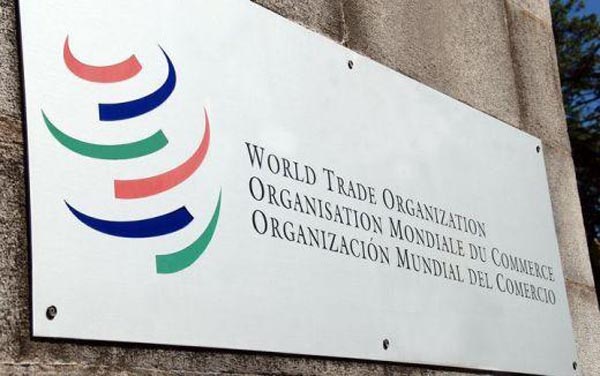30/07/2016
A sign of childish immaturity is the willingness to promote or pursue a course of action with no regard to the consequences. A child will touch a red-hot surface, or put a metal pin in a live electrical socket, simply because they have no idea of the dangers.
So it is with the
Spiked "Invoke Article 50 Now!" campaign â which I've ignored so far. These are children at play, sticking metal pins in live sockets.
There are two most likely outcomes of a premature Article 50 notification. The first is that, in starting before we are ready, we run out of time and have to negotiate under pressure, for a time extension. The price might be unacceptably high.
On the other hand, we fail to gain a time extension and, after two years, drop out of the EU Treaties. And, as we point out in
this short report, the consequence is that we could end up unwittingly relying on the WTO Option. That would be catastrophic.
However, when consequences are borne by others, children can rely on their own ignorance to insulate themselves from them. They can hide from the reality, deny it or simply ignore it. And that's what the
Spiked children are doing.
Fortunately, a (relatively) grown-up Prime Minister is not going to follow the clamour, or the stupidity of some of her
Parliamentary colleagues. We still seem set for early next year before Article 50 is invoked. For tactical reasons, I would actually prefer it to be later, although I still have hopes of a pre-negotiation extension being agreed, taking the time constraints off the table.
Theresa May, however, doesn't seem to be helping the situation, with the
Independent reporting that she is to appeal over the head of the European Commission to the leaders of the 27 EU nations in an attempt to secure a good exit deal for the UK.
The Prime Minister, we are told, will try to limit the influence of Commission President Jean-Claude Juncker and Michel Barnier, who is supposedly leading the Commission's negotiating team on Brexit.
This in itself is an odd situation as the Commission
Press Release speaks of Article 50 as the legal base for the appointment of Barnier, with the decision having been made at the Informal Meeting in Brussels on 29 June 2016.
Yet the statement from the meeting (
link here) declares that action will be taken only "Once the [Article 50] notification has been received". This actually makes Barnier's appointment premature and, strictly speaking, outside the framework of the Treaty.
The issue gets still murkier â at least according this
Reuters report, which has suggesting that Britain "wants a bespoke model for its future ties with the European Union".
"We should be driven by what is in the best interests of the UK and what is going to work for the European Union, not by the models that already exist", she told a news conference in Bratislava, where the latest leg of her travels has taken her.
"We need to find a solution that addresses the concerns of the British people about free movement while getting the best possible deal on trade in goods and services", May then adds.
Reuters then rather unhelpfully offers what it thinks are details of the models it thinks have been proposed, telling us that these have included: "joining the European Economic Area or European Free Trade Association, forging a close partnership similar to those that Norway, Switzerland or Iceland have with the EU".
This is such a muddle that it's not even worth dissecting, but then there's not much out there apart from muddle. The
Mirror, no great friend of the leave movement, takes the
three Brexiteers to task, the ministers appointed by May to take the fall when Brexit goes wrong â or so we think.
Says the
Mirror, "Our leaders don't know what Brexit means â and some of their ideas are laughable". As an indication of what the country's future might actually look like, and what sort of deals May's key negotiators might actually be seeking to do, there is no use looking around for a clearer picture of what the future might hold. Literally nobody knows.
Looking at what
Oliver Letwin has to say, the
Mirror is not wrong. Perhaps, therefore, it is better to stick to what we do know â and one thing we're totally certain of it that the WTO Option must be avoided at all costs. We are also fairly certain that an attempt to construct a bespoke agreement could end up in us unwittingly dropping into the WTO Option.
That, as always, leaves us with the Efta/EEA option as the least worst alternative, but that leaves open the problem of regulating freedom of movement. Nevertheless, we stand by our
Liechtenstein/EEA solution as the best answer.
And there is possibly some room for optimism, with the Commission apparently prepared to do a deal with
the Swiss on free movement. This initiative actually goes back to the end of
last year and I had a look at it
recently, with the Swiss looking to negotiate their own form of "safeguard measures".
If people started looking around them, and forgot their dogma, they would see that there are answers to be had. All we need to do is ask the right questions and accept that, whatever we do, there are consequences which cannot be ignored.
